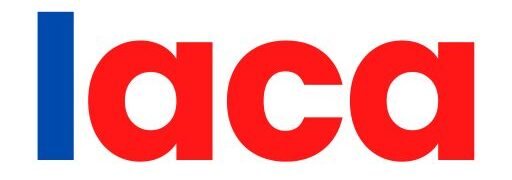South Africa recently announced an all-inclusive wage hike for 2025, a crucial step toward correcting income imbalances and fostering economic growth. The correction of minimum wages, public sector salaries, and employee allowances is premised on improving the financial status of millions of workers across the country.
National Minimum Wage Escalation
The national minimum wage effective from March 1, 2025, will raise from R27.58 per hour to R28.79 an hour. This increase of 4.4% is part of making sure that the government stands firmly on fair pay, more so on the workers who earn minimum wages. Presently, that’s about $1.55 an hour.
Public Sector Wage Adjustment
Unions have managed to secure a 5.5% increase for public servants such as teachers, nurses, police, and admin staff. This negotiated increase is to induce skilled workers to enter public service and stay there. It is going to be placed in their payslips in April 2025.
Allowances Enhanced
As mentioned above, various allowances have been altered to further assist employees. The housing allowance will rise from R1,784 to R1,900, complexly with an upward revision expected in July 2025. Transport allowances will be reviewed in the middle of the year in line with trends in fuel costs. Danger allowance will be increased from R597 to R650, while the special danger allowance rises from R849 to R920. The police personnel service allowance will also go from R700 to R920.
Private Sector Salary Adjustment
The wage increase for the private section varies from industry to industry. Companies usually align wage adjustments with inflation rates and collective agreements. Sibanye Stillwater, a major mining house, has negotiated a 5.5% wage increase for skilled workers, together with a monthly R900 increase for workers in the lower categories. Other retails, hospitality, and service industries are expected to adjust wages based on the Consumer Price Index and union negotiations.
Implementation Time Frame
The general wage increases and adjustments of allowances become effective as of March 1, 2025. The first public sector wage changes will be seen in April 2025. Undertaking the payment of changes will vary from employer to employer from March through June 2025, guided by internal policies and agreements specific to sectors.
Economic Ramifications
Economists estimate that this wage increment will boost consumer spending and raise South Africa’s GDP by almost 1.2%. On the contrary, there are fears that small businesses may find it difficult to implement the new wage requirements unless their handing is supported by some subsidies or phased implementation plans.$ Wage inflation will occur if wage growth exceeds productivity.”
How to Establish Your Qualified Status
Your best bet to ascertain if this wage increase applies to you in 2025 is to inquire with your employer or human resources department. Union members should approach their representatives to get clarifications regarding applicable agreements. You may also want to check the new wage policies at the official government portal at gov.za. Later on, you would find out on your salaries for April or some subsequent months. It is expected for companies to have legal notices announcing changes in the wage structures; stay alert through your internal communications.
Conclusion
The 2025 wage increments is a step forward for better livelihood conditions for the workers of South Africa. The initiative intends to increase both salaries and allowances so as to comprehensively empower workers in a better manner and enhance their financial security. It might implement differently in various sectors, but the overwhelming message is: ‘this government is out to uplift the working class.




